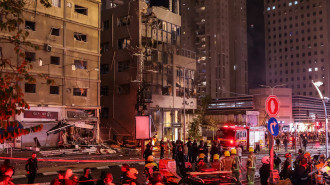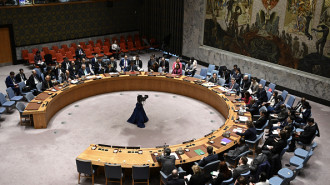Houthis call for Yemen port to be a 'neutral zone'
The two warring sides are currently attending talks in Sweden, with the status of Hodeida - which is one of the biggest battle grounds in Yemen at present - a key part of the talks.
The port is an entry point for much of the country's aid, and its destruction in the fighting could likely lead to widespread famine, the humanitarian community has warned.
On Saturday, the Houthi's top negotiator called for the port to be declared a neutral zone and the capital Sanaa's airport be put under UN control.
"It (Hodeidah) should be a neutral zone apart from the conflict, and the military brigades that came from outside Hodeidah province should leave," Houthi negotiator, Mohammed Abdusalam, told Reuters.
He added that Houthi militias could pull out of the city if the city if the UAE-Saudi-led offensive on Hodeida ends.
"There will be no need for military presence there if battles stop... Hodeidah is an economic hub and it should stay that way for the sake of all Yemenis," he said.
"We have proposed to the UN to oversee the port and supervise its logistics... inspections, revenues and all the technical issues."
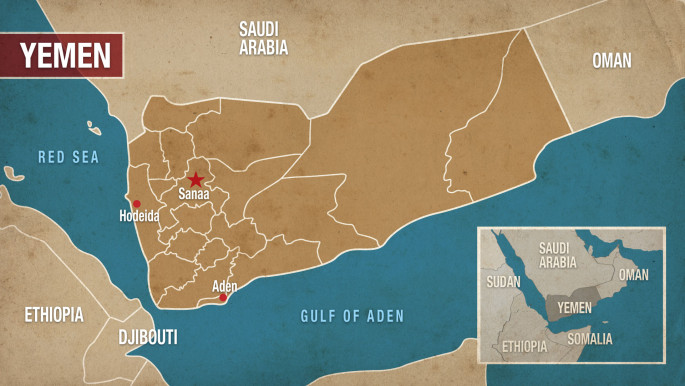 |
He did not say who should control of the city if both forces leave.
Earlier, Yemen Foreign Minister Khaled al-Yamani said that the government demanded the unconditional withdrawal of Houthi rebels from Hodeida.
"As concerns the port... We accept that it works under the administration that ran the port in 2014, and we are ready to coordinate with the UN on supervision and the reinforcement of port operations," said Yamani.
He also said that the airport in the rebel-controlled capital could be reopened, but that the one in the government-controlled, southern city of Aden should be Yemen's main airport.
"We are ready to reopen Sanaa international airport today... but we have a vision that Aden will be the sovereign airport of Yemen," he told AFP.
The Sweden talks mark the first attempt in two years to broker an end to the Yemen conflict, which has killed at least 10,000 people since the war escalated in 2015 with the intervention of Saudi Arabia and the UAE.
It has triggered what the UN calls the world's worst humanitarian crisis with some 14 million people are at imminent risk of starvation in Yemen, according to UN estimates.
Agencies contributed to this story.
![yemen hodeida [Getty] yemen hodeida [Getty]](/sites/default/files/styles/large_16_9/public/media/images/950C124F-669B-47A1-A12C-7C3DC54BD903.jpg?h=d1cb525d&itok=s29hRnkl)

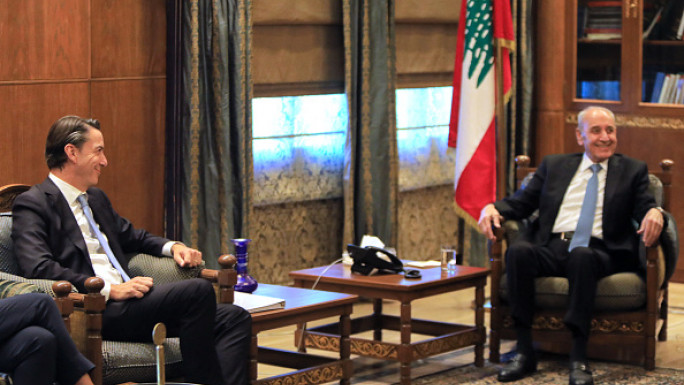
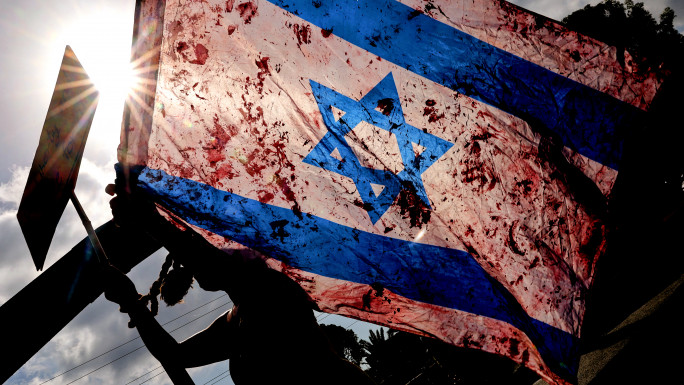
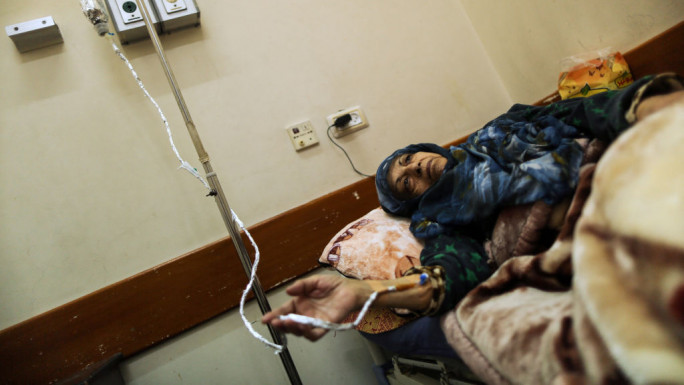
 Follow the Middle East's top stories in English at The New Arab on Google News
Follow the Middle East's top stories in English at The New Arab on Google News
![Lebanon kicks off renowned Baalbek music festival [AFP] Lebanon kicks off renowned Baalbek music festival [AFP]](/sites/default/files/styles/image_330x185/public/media/images/78B7EF29-7112-4567-85CC-D0A28596B8F8.jpg?h=d1cb525d&itok=ZDzwoWGn)
